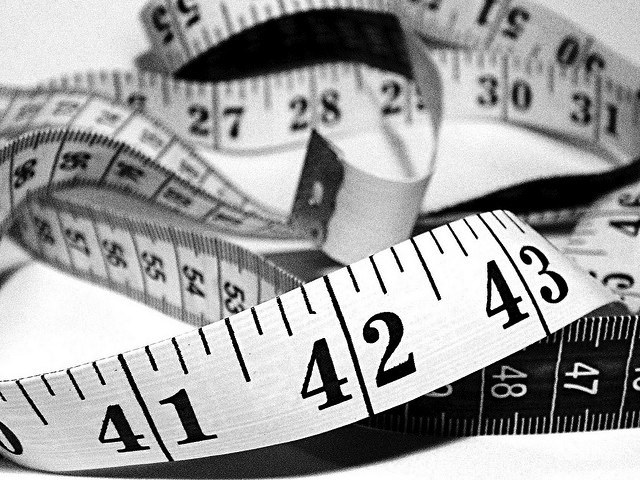
By Tori Thistlethwaite (Contributor) – Email
Print Edition: September 24, 2014

Instead of looking at ourselves and identifying our harmful behaviour, we often make excuses for our actions. The crazy thing is, we cling to these excuses and say them so often that we begin to believe that these lies are true — so much so that they become enforcing mantras.
When it comes to fitness, there are many absurd excuses that people create in order to avoid making an effort and working hard. One that I hear often is, “no matter what I do, I just can’t lose weight.”
This statement is not only untrue, but it functions to displace personal responsibility when it comes to health and fitness. Many people use this one because it makes our failure seem the fault of some force beyond our control. It is much harder to look at ourselves when we are unhappy and know that what we see is the result of the poor choices that we, and we alone, have made, then to blame something else.
In order to move forward, we have to say, “I have the power to change myself,” and let go of the excuses that make us comfortable. Fitness is not about comfort; it is about reducing the risk of health issues, and improving the quality of your life.
There is a difference between someone saying they can’t lose weight when they are inactive, versus someone who can’t lose weight who is active. When your workout isn’t helping you lose weight anymore, it’s called a plateau.
To avoid a plateau, you must change and add to your fitness regime. If you ran 20 minutes a day at 5 km/h when you first started working out and continued to do the same workout for six months, there is only so much this workout can offer you. Your body will habituate to the activity it is exposed to.
In order to see results again, you have to do more. You can increase the time or the speed, but the important part is to never let your workout get easy. You won’t see results unless you are challenging yourself.
Another important issue to address is diet. Of course you are not going to see results if you eat poorly and if you make the grave error of deficit thinking. Deficit thinking is when someone says, “I went for a jog today, so I am going to eat this piece of cake.” If the cake is not part of your everyday diet, then the calories you burned will be replaced by the piece of cake, and the activity will not help you lose weight. Often you will actually gain weight and get discouraged. Despite being active, you are eating more than usual and your caloric intake is not seeing any change, but your body is. So if you want to see results, don’t add things to your diet, and better yet, swap that bag of chips for some sliced-up cucumber.
Remember, weight loss is attainable if you put in the work! Think about “calories in” versus “calories out.” Get sweaty, and change what you eat. If you do this, you will be successful.

